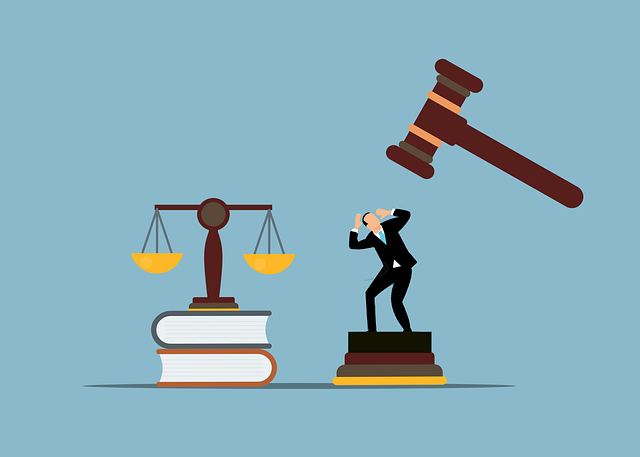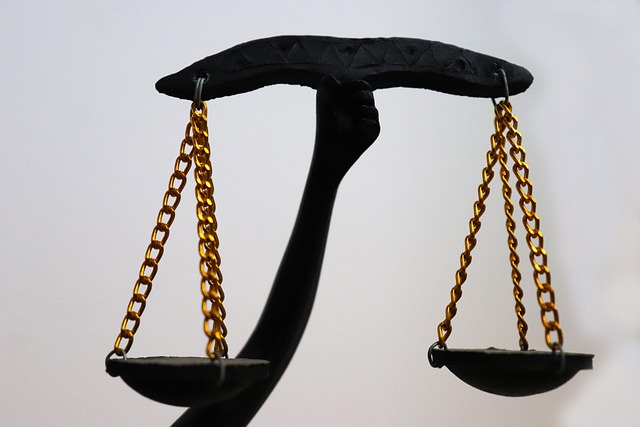Oregon's criminal defense framework, governed by state Oregon legal statutes, defense regulations, and case law, ensures a balanced approach to public safety and fair treatment. Understanding these criminal defense basics Oregon is crucial for both professionals and individuals facing charges, as it navigates rights, protects against abuse, and ensures a structured, just trial process within the state's legal framework Oregon.
“Oregon’s robust legal framework, governed by a unique blend of statutes, regulations, and case law, forms the bedrock of its criminal justice system. This article delves into the essential components of Oregon defense laws, offering a comprehensive guide to understanding the state’s criminal defense basics. From the definition of criminal offenses and individual protections to specific rules on arrest and appeals procedures, we explore the key aspects that shape Oregon criminal defense practices. By navigating these regulations, legal professionals can ensure fair representation within the state’s evolving legal framework.”
- Understanding Oregon's Legal Framework
- – Overview of the Oregon judicial system
- – Sources of Oregon law: Statutes, regulations, and case law
Understanding Oregon's Legal Framework

Oregon’s legal framework for criminal defense is a complex web of state statutes and regulations that form the basis for all criminal proceedings within the state. Understanding this framework is crucial for anyone navigating Oregon’s criminal justice system, as it outlines the rights and responsibilities of both accused individuals and law enforcement agencies. The state’s criminal defense laws are designed to provide a balanced approach, ensuring that defendants receive fair treatment while also addressing public safety concerns.
At the heart of Oregon’s legal statutes are the criminal defense basics, which include provisions related to arrest, search, and seizure, as well as the rights of accused persons. These foundational laws lay out the procedural guidelines, setting the stage for a structured and just trial process. By understanding these regulations, individuals can better comprehend their rights and take informed steps to protect themselves within the legal system.
– Overview of the Oregon judicial system

Oregon’s judicial system is structured around a network of courts, with each level playing a distinct role in administering justice. At the core lies the Oregon Supreme Court, the state’s highest tribunal, responsible for interpreting and upholding the state constitution and legal statutes. Below this, the Oregon Court of Appeals reviews lower court decisions and ensures consistency in legal interpretations across the state. The circuit courts, divided among several judicial districts, handle a wide range of cases, including criminal offenses under Oregon criminal defense laws.
Understanding Oregon’s legal framework requires familiarity with its comprehensive set of legal statutes and defense regulations. These Oregon legal documents cover various aspects of criminal defense basics Oregon, from procedural guidelines to substantive rights. Navigating this complex web is crucial for both legal professionals and individuals facing criminal charges, as it significantly impacts the course of justice in the state.
– Sources of Oregon law: Statutes, regulations, and case law

Oregon’s legal framework for criminal defense is a multifaceted system that incorporates various sources of law to guide proceedings and protect individual rights. At the core, Oregon criminal defense laws are codified in the state’s legal statutes, which outline the definitions of crimes, their classifications, and corresponding penalties. These statutes provide a foundational understanding of what constitutes a crime and serve as the primary reference for criminal justice professionals and defendants alike.
Complementing the legal statutes, Oregon defense regulations offer more detailed guidance on specific aspects of criminal defense procedures. These regulations cover areas such as investigatory practices, evidence handling, and pre-trial processes, ensuring consistency and fairness across different judicial districts. Additionally, case law plays a vital role in shaping Oregon’s criminal defense landscape, with court decisions interpreting and applying the legal framework to unique factual scenarios, thereby providing clarity and precedent for future cases. Understanding these sources of Oregon law is crucial for navigating the state’s criminal defense basics and ensuring that rights and protections are upheld throughout the legal process.
